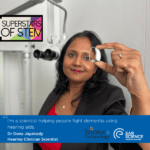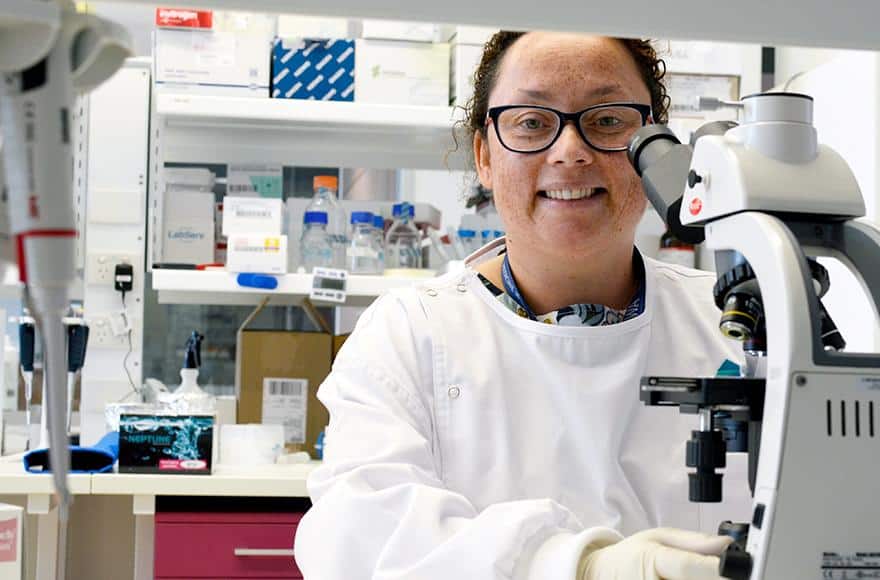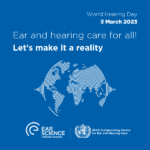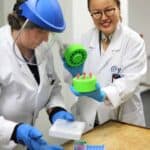World leading research into the link between hearing loss and dementia, undertaken by Dr Dona Jayakody, Senior Research Audiologist and her team at Ear Science Institute Australia, in collaboration with Prof Leon Flicker at WA Centre for Healthy Aging – UWA, Prof Dawn Bessarab and Dr Kate Smith at the Centre for Aboriginal Medical and Dental Health – UWA and Hearing Australia has led to a Fellowship Award and the further study of the impact this is having on the preservation of Indigenous culture and stories.
Listen to interview with The West Live and Professor Marcus Atlas
Research shows Aboriginal older adults are three to five times more likely to develop dementia than the general Australian population. Hearing loss is one of the preventative risk factors for dementia. Ear Science Institute Australia aim is to change the way hearing services are provided to Aboriginal Australians, making hearing health a priority, developing culturally appropriate treatments to support families and importantly to help maintain their cultural heritage and stories.
Dr Jayakody said, the telling and sharing of stories is universal to the human experience, it is a long-established practise in how we impart information about our culture, values, people, animals, jobs, food and the environment within our own community and to others.
“These stories are traditionally passed down from generation to generation through the act of storytelling. If hearing loss continues to go untreated within our Indigenous population, it will impact on memory and the ability to share stories about culture and values with younger generations.
“In Aboriginal and Torres Strait Islander cultures, stories of the past, present and the future are told and passed on to the next generation. The oral traditions of instruction include storytelling, song and dance. Hearing these stories from elders is equally as important as the telling of them,” Dr Jayakody said.
Professor Marcus Atlas, Founding Director, Ear Science Institute Australia said, our leading research into hearing loss goes far beyond hearing aids and implants.
“Our evidence based, peer reviewed research shows dementia, mental health, social isolation and frailty are closely linked to hearing loss. We need to tackle this issue at mid-life and with a different more informed strategy than we have seen in the past. Our research is far reaching from changing the way we age to impacting our national economy.“ Professor Atlas said.
Dr Jayakody was recently awarded the highly contested, inaugural Royal Perth Hospital Research Foundation Career Advancement Fellowship in recognition of her ground-breaking research which has shown that the severity of hearing loss is associated with severe cognitive decline. And that low to mid frequency hearing loss is associated with cognitive impairment, depression, anxiety and stress. Dr Jayakody’s research also identified central auditory processing assessments help to identify those at risk of dementia.
Dr Jayakody now aims to determine if hearing loss intervention can prevent, or delay, the onset of dementia and improve the psychological well-being of Aboriginal older adults. The team at Ear Science Institute Australia will continue to explore the issues underlying the association of dementia, and mental health issues with hearing loss and the challenges of ageing in mid-life before they develop into chronic health issues. These findings will provide life-changing solutions our community, government policy and patient-centred service delivery.






